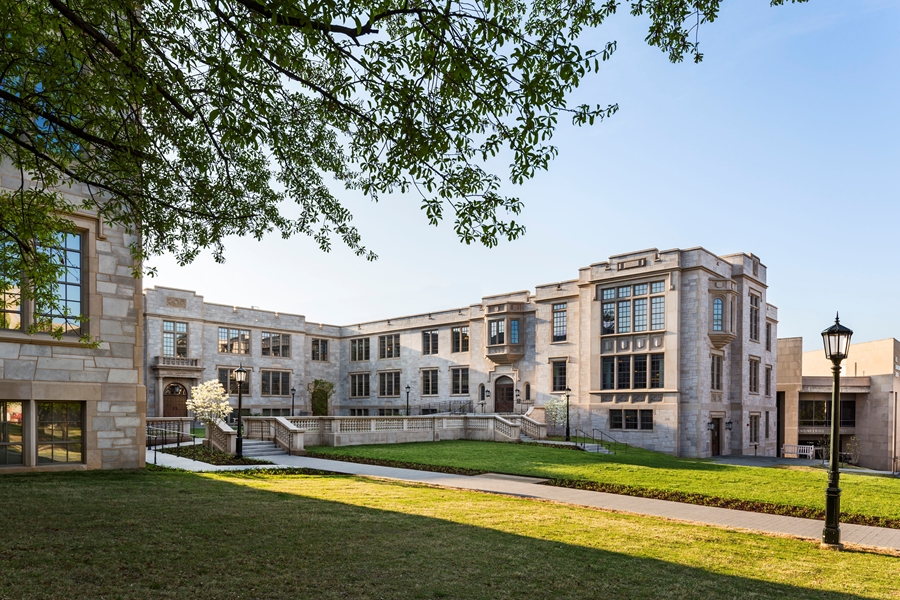This spring, honors students will have the chance to dive deeper into the mysteries of gene editing and examine the social, economic and population changes that have shaped the education of Latinx students in the South. The Honors College Forums, designated HNRC 300VH in the U of A catalog, bring star faculty and top administrators together with honors students on a weekly basis to discuss key topics in a variety of subjects.
"Forums are one of the best ways for students to take a chance on a topic that has always interested them or to explore the intellectual approaches of other academic disciplines," said John Treat, director of interdisciplinary and curricular learning. "We want students to leave a forum not simply with new knowledge, but a new perspective on scholarship and learning."
Students need not apply to participate, but seats are limited in these courses. Interested honors students are encouraged to sign up as soon as possible.
The Spring 2022 Honors College Forums are:
Educating Latinx Students: This course, taught by Juan José Bustamante, associate professor of sociology, delves closely into the social, economic and population changes that have taken place in the U.S. South. It will focus on the shift of settlement patterns, from historical places — for instance, Mexicans in the Southwest, Puerto Ricans in the Northeast, Cubans in Florida and Central Americans in California — to the South as a relatively new destination. How have these shifts impacted immigration policies, labor prospects and community resources— especially educational opportunities for migrant children? In order to answer these questions, we will explore educational theories that consider the role larger structures and systems play as Latinx immigrants adapt to a new place. This course will meet 11 a.m. to 12:15 p.m. Thursdays in Gearhart Hall 129.
Gene Editing: The discovery and application of CRISPR has provided researchers and clinicians with new tools to correct genetic disorders, produce next-generation biofuels, create disease-resistant crops, eradicate malaria-carrying mosquitoes and more. However, the misuse of this technology has made headlines including the infamous editing of human embryos resulting in the birth of the first genetically modified humans. In this course, Christopher Nelson, assistant professor of biomedical engineering, will cover the basics of genetics, heredity and the new tool that gives researchers and clinicians the ability to alter our DNA: CRISPR. The course will explore the origins of this exciting tool, investigate cutting-edge applications and discuss the societal and ethical implications for each topic.
Contacts
Katie Powell, director of engagement and student communications
Honors College
479-575-4884, klw038@uark.edu
Kendall Curlee, director of communications
Honors College
479-575-2024, kcurlee@uark.edu
